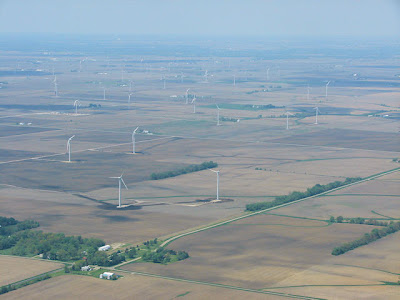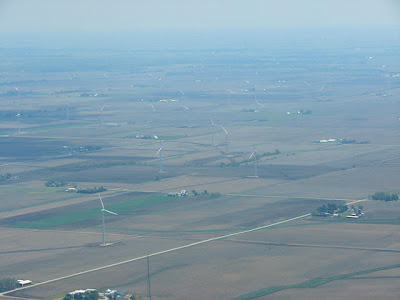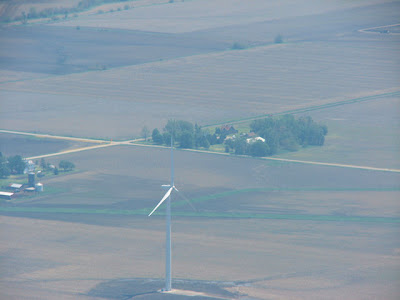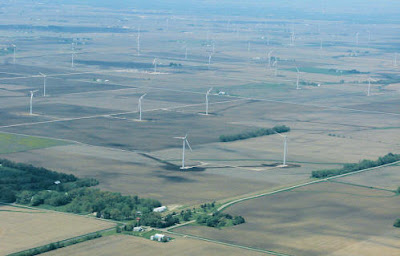That was a very public “note to self”, but after being on vacation I had to go back and look at my list of STUPID things before I realized that I wasn’t nearly done yet. I may revise this post some (which I hardly ever do) because I have a lot happening this week, the State Fair, A movie and planning the Poker Scoot just to name a few.
I am in general opposed to limiting anyone’s access to naturally occurring substances. If it grows in nature and you want to try it fine. So that means that marijuana, mushrooms, cactus, poppies and bread mold (LSD) that you make or grow or find in the wild is OK to use. If however you poison yourself well that sucks and you die. Anybody who tells you any different is a Doctor who wants to control its use so he can make money on it, or a pharmaceutical company who wants to make money off it, or a religious nut or a social worker who wants to control your social life or finally a fascist (small f) who wants to control everything. I believe that there should be market places for the stuff and it should be taxed. I know the capitalists have a heart attack because “their” workers could be high. To bad so sad big wah wah.
I am also in favor of the liberalizing of the “made drugs” category as well. Altering your reality is your own choice and when government intervenes it simply creates a black market, swells jail populations and serves no useful purpose. If the money that was spent on criminalization was spent on education and prevention we wouldn’t have the problems we have now. In fact a certain percentage of any human population is going to be addictive and useless.
http://en.wikipedia.org/wiki/Illegal_drug_trade
History
1921 photograph of Chinese Maritime Officers with 300 lb (140 kg) of smuggled morphine shipped in cylinders of sodium sulfate from Japan.
See also: Opium Wars
The trade of drugs has existed for as long as the drugs themselves have existed. However, the trade of drugs was fully legal until the introduction of drug prohibition. The history of the illegal drug trade is thus closely tied to the history of drug prohibition.
In the First Opium War, the United Kingdom forced China to allow British merchants to trade in opium with the general population of China. Although illegal by imperial decree, smoking opium had become common in the 1800s due to increasing importation via British merchants. Trading in opium was (as it is today in the heroin trade) extremely lucrative. As a result of the trade an estimated two million Chinese people became addicted to the drug. The British Crown (via the treaties of Nanking and Tianjin) took vast sums of money from the Chinese government in what they referred to as ‘reparations’ for the wars.
In the United States, a 1791 tax led to the Whiskey Rebellion in 1794.
[edit] Foreign intervention
Some governments that criminalize drug trade have a policy of interfering heavily with foreign states. In 1989, the United States intervened in Panama with the goal of disrupting the drug trade coming from Panama. The Indian government has several covert operations in the Middle East and Indian subcontinent to keep a track of various drug dealers. Opium production in Afghanistan is a current impediment in the development of a licit economy for that country.
[edit] Violent resolutions
In the late 1990s in the United States, the FBI estimates that 5% of murders were drug-related.[1] In addition, drug smuggling can lead to harsh penalties, including the death penalty, in certain countries (for example, Singapore).
Many have argued that the arbitrariness of drug prohibition laws from the medical point of view, especially the theory of harm reduction, worsens the problems around these substances.[citation needed]
[edit] Minors and the illegal drug trade
The U.S. government’s most recent 2005 National Survey on Drug Use and Health (NSDUH) reported that nationwide over 800,000 adolescents ages 12–17 sold illegal drugs during the twelve months preceding the survey; such adolescents also admitted to know or be linked to other drug dealers across the nation.[2][not in citation given] The 2005 Youth Risk Behavior Survey by the U.S. Centers for Disease Control and Prevention (CDC) reported that nationwide 25.4% of students had been offered, sold, or given an illegal drug by someone on school property. The prevalence of having been offered, sold, or given an illegal drug on school property ranged from 15.5% to 38.7% across state CDC surveys (median: 26.1%) and from 20.3% to 40.0% across local surveys (median: 29.4%).[3]
Despite over $7 billion spent annually towards arresting[4] and prosecuting nearly 800,000 people across the country for marijuana offenses in 2005 (FBI Uniform Crime Reports), the federally-funded Monitoring the Future Survey reports about 85% of high school seniors find marijuana “easy to obtain.” That figure has remained virtually unchanged since 1975, never dropping below 82.7% in three decades of national surveys.[5]
:}
Course then you might ban physically enhancing drugs in sports or something crazy like that…Then people might be tested for drugs at work…oh we already do that.
http://www.ask.com/questions-about/Illegal-Drugs
Answers to Common Questions
In Khazakstan the only illegal drugs are Cocaine Heroin Snail Slime and Fat mans armpits It is a known fact from our government scienctist Dr Yamack that if you lick a Fat mans armpit you will die from constipation’s.Not Nice!
![]()
http://answers.yahoo.com/question/index?qid=2009022506… See entire page »
Marijuana, Cocaine, Heroine, Acid, Prescriptions that are not prescribed to YOU. There are MANY types of illegal drugs, but the first 5 i listed are probably the most popular. Prescription drugs have become increasingly popular over the las…
![]()
http://answers.yahoo.com/question/index?qid=2009060216… See entire page »
Why do people use illegal drugs?
because the legal ones just arent as good desire is greater than fear!
![]()
http://wiki.answers.com/Q/Why_do_people_do_drugs_if_it… See entire page »
:}
:}
























 ST. PETERSBURG, FLA. – August 3, 2007 –
ST. PETERSBURG, FLA. – August 3, 2007 – 